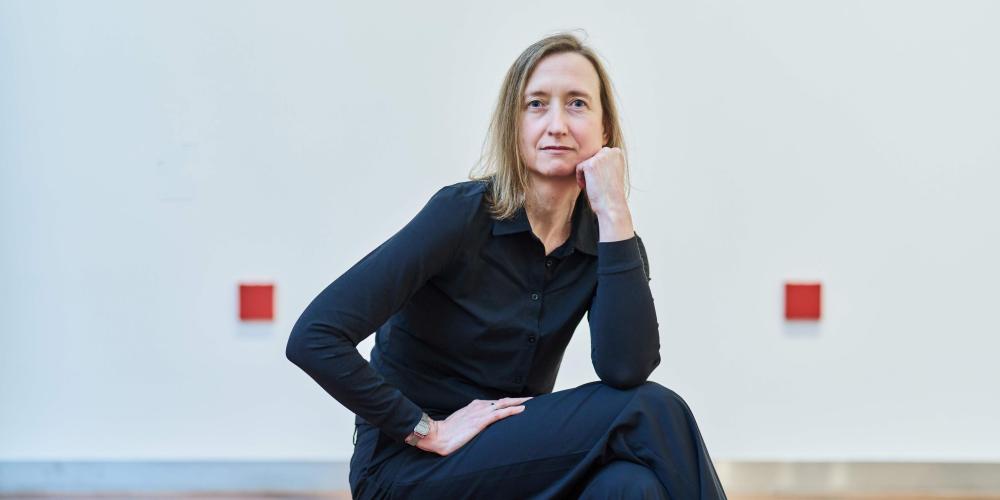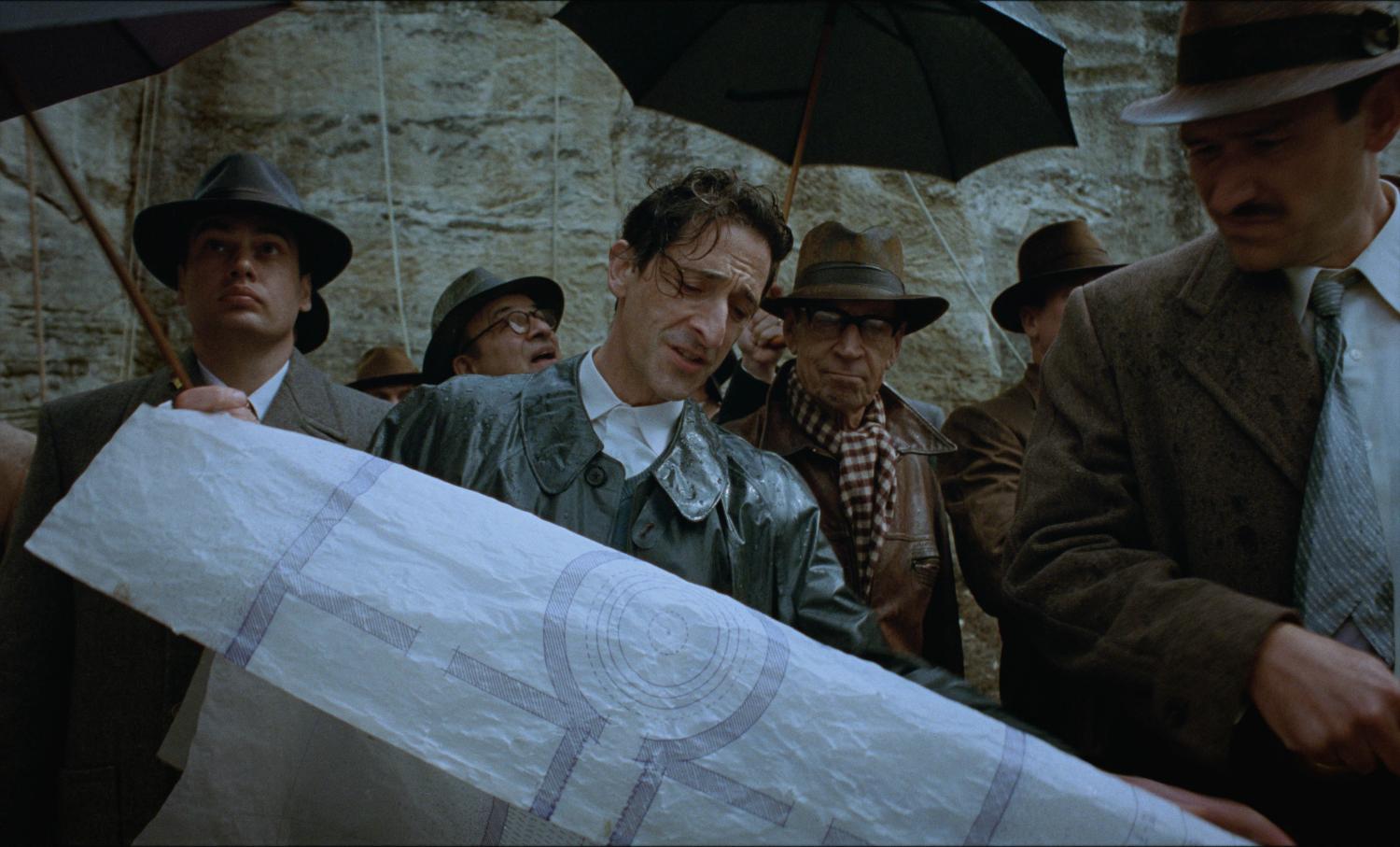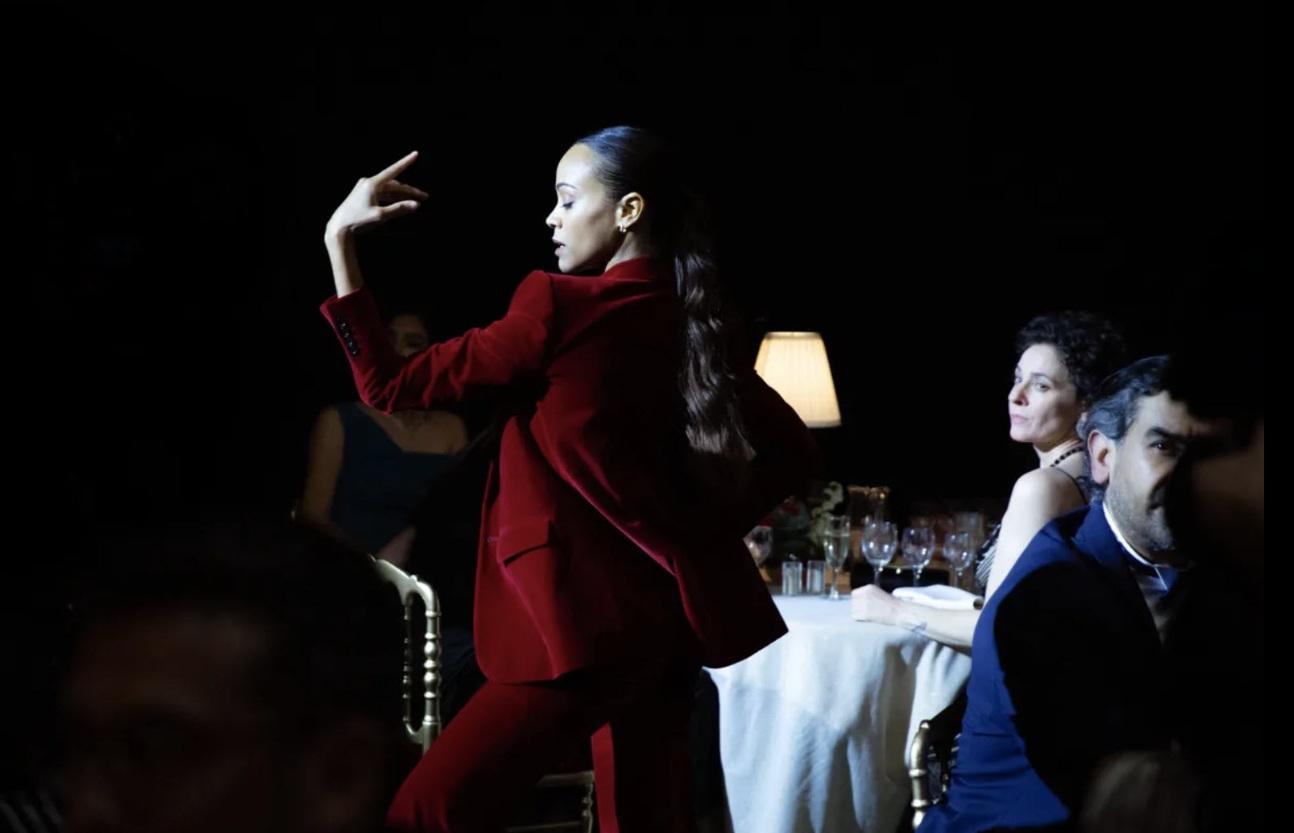
On 2 March, the Oscars will be awarded, and according to the British newspaper The Guardian, this year’s nominations are the most political ever. Katarzyna Ruchel-Stockmans, cultural diplomat of the VUB and assistant professor of photography and contemporary art, is also pleasantly surprised by the selection. “A shift is happening. The Oscars are moving in the direction of European awards.”
Do you see the Oscars as a moment to look forward to?
“In my daily and professional life, I tend to focus more on experimental films. The Oscars belong to a completely different world. The films nominated usually reach a wide audience and are therefore often quite conventional. For someone looking for something a bit more daring, the selection isn’t always that exciting. But I have to admit, this year feels different. A shift is taking place.”
So is The Guardian right in saying the selection is political?
"Every film is political. Even a completely fictional story reflects a certain vision of the world – and of cinema as a medium. But when that vision reinforces the status quo, we tend to see it as invisible or neutral. What The Guardian actually means with this statement is that this year’s selection includes films that more openly challenge the status quo.
"I’m thinking of Nickel Boys, which explores the abuse of Black youth in so-called reform schools in the United States, and The Brutalist, about a Jewish architect and Holocaust survivor who exposes the darker side of the American Dream. It seems the Academy—the jury of film industry professionals responsible for the selection—wanted to send a strong message that cinema remains a space for free expression. Perhaps they also wanted to counterbalance shifts in American politics and public debate with this selection."

The Substance
The days when the Academy was made up entirely of white men are behind us. In recent years, more women and members from diverse ethnic backgrounds have joined. Is that reflected in this year’s selection?
"I believe so. I see far more films where women take centre stage. In the past, female characters were often relegated to supporting roles, but now they are leading the way. The Substance, a horror film, Wicked, a fantasy musical, and Emilia Pérez all stand out in this regard.
"Emilia Pérez is particularly surprising—it’s a Spanish-language film with 13 nominations, including Best Picture. That’s unusual, as non-English-language films rarely make it into this category. American audiences are less accustomed to reading subtitles, which is why the International Feature Film category exists. The fact that Emilia Pérez is now in the running for Best Picture suggests that the Academy’s perspective is broadening."
Emilia Pérez lead actress Karla Sofía Gascón is the first trans woman ever to be nominated for Best Actress. That’s quite a statement, especially now that Trump has signed an executive order defining gender as strictly male or female in the eyes of the US government.
"Absolutely. What’s particularly striking is how the film is being discussed. When referring to Karla Sofía Gascón’s character, people aren’t talking about gender reassignment, but rather gender affirmation. That’s a significant shift. Traditionally, transitioning has been framed as someone ‘wanting to change their gender’, which implies it’s a choice. But by using the term gender affirmation, you acknowledge that people are born with traits that don’t align with the gender they truly are. They don’t transition because they choose to, but rather to affirm who they have always been. The fact that this is now the language being used marks an important cultural shift, one in which both the film and its Oscar nomination have played a key role.
"That said, I’d be cautious about reducing Emilia Pérez to just a film with a trans lead. I hope and believe the nomination is about more than simply making a statement against Trump’s policies. The film itself is remarkable in many ways. The way music is woven into the narrative is truly innovative—it starts as a drama but evolves into an opera-like musical. And with its focus on drug cartels, it also has a dark edge. You might think that blending musical theatre with violence wouldn’t work, but it does.
"However, controversy has since clouded the film’s initial success. Gascón has come under fire for negative comments about Black Lives Matter and Islam, which has dramatically shifted the film’s reception. Additionally, the fact that much of the cast is not Mexican hasn’t gone down well with Mexican audiences. It remains to be seen what impact all this will have on the Oscars."

The Brutalist
Were there any other things that stood out to you in this year’s selection?
"There’s not only a growing interest in films that tackle difficult themes, but also in films that demand more from the viewer. Hollywood and the Academy are shifting towards more artistic cinema. Take Soundtrack to a Coup d’État, for example—a Belgian documentary nominee about Belgian and international involvement in the assassination of Patrice Lumumba. It’s a fascinating but challenging film. Johan Grimonprez plays with the conventions of documentary filmmaking, using almost exclusively archival footage and sound. That makes it harder for the viewer to piece the story together, but it’s absolutely worth the extra effort."

Emilia Pérez
The documentary is competing against No Other Land, about the Israeli-Palestinian conflict, and Porcelain War, about the war in Ukraine. Is it becoming a contest of which story feels the most urgent? And could Grimonprez’s historical narrative lose out because urgency has become such a key criterion?
"That was my initial thought too. But unfortunately, this historical story has become relevant again. The ongoing instability in Goma is a direct consequence of events from the independence era. Soundtrack to a Coup d’État makes that very clear. Back then, global superpowers were fighting for influence over Congo because of its valuable resources, and the same geopolitical interests are still at play today. So, it remains an extremely important film."
You’ve mentioned several times how interesting this year’s selection is. Looking back at recent years, do you see this as part of a larger trend?
"Yes, this isn’t a revolution—it’s an evolution. Last year’s big winner was Oppenheimer, a film that was also challenging in terms of subject matter and length. And a few years ago, the South Korean film Parasite won Best Picture—an unprecedented achievement for a non-English-language film. For some time now, we’ve been seeing the Oscars move in the direction of European film awards. Artistic films that win prizes in Cannes and Berlin are now making their way to the Oscars too."
Do you think these more unconventional films will actually take home an Oscar?
"That’s what makes this year so exciting!"
Do you have an all-time favourite Oscar winner?
"That would have to be Ida, a film by Paweł Pawlikowski that won the Oscar for Best International Feature in 2015 and was also nominated for cinematography. It’s a slow, meditative, black-and-white film that defies Hollywood conventions, where everything is expected to be fast-paced and dramatic. Ida features long, static shots, sometimes with the main character positioned in the bottom corner of the frame—a striking visual choice. The ‘empty’ space in the frame invites you to experience the film differently. It’s almost surprising that such a film won an Oscar, but I found it groundbreaking. The heart-wrenching story and its sparse, poetic imagery stayed with me for days."
How will you be watching the ceremony this year?
"I won’t be waking up in the middle of the night for it, but with such an unpredictable selection, I do find it exciting. Will these less conventional films actually win? In the animation category, I’m rooting for Flow. That category is seeing fascinating developments too. I’ve noticed more children’s films offering profound perspectives on the world. Inside Out 2, for instance, is a Hollywood blockbuster, but also an intelligent and philosophical film about human emotions. But my favourite in that category is Flow—a stunning Latvian animated film without any dialogue!"
About Katarzyna Ruchel-Stockmans
Katarzyna Ruchel-Stockmans teaches Contemporary Art, Photography, and New Media at VUB. With degrees in Art History and Philosophy from Krakow and Cultural Studies from Leuven, her PhD research at KU Leuven focused on representations of the past in contemporary art. Her current research explores lens-based media and community archives, with a focus on vernacular photography and participatory art practices.

